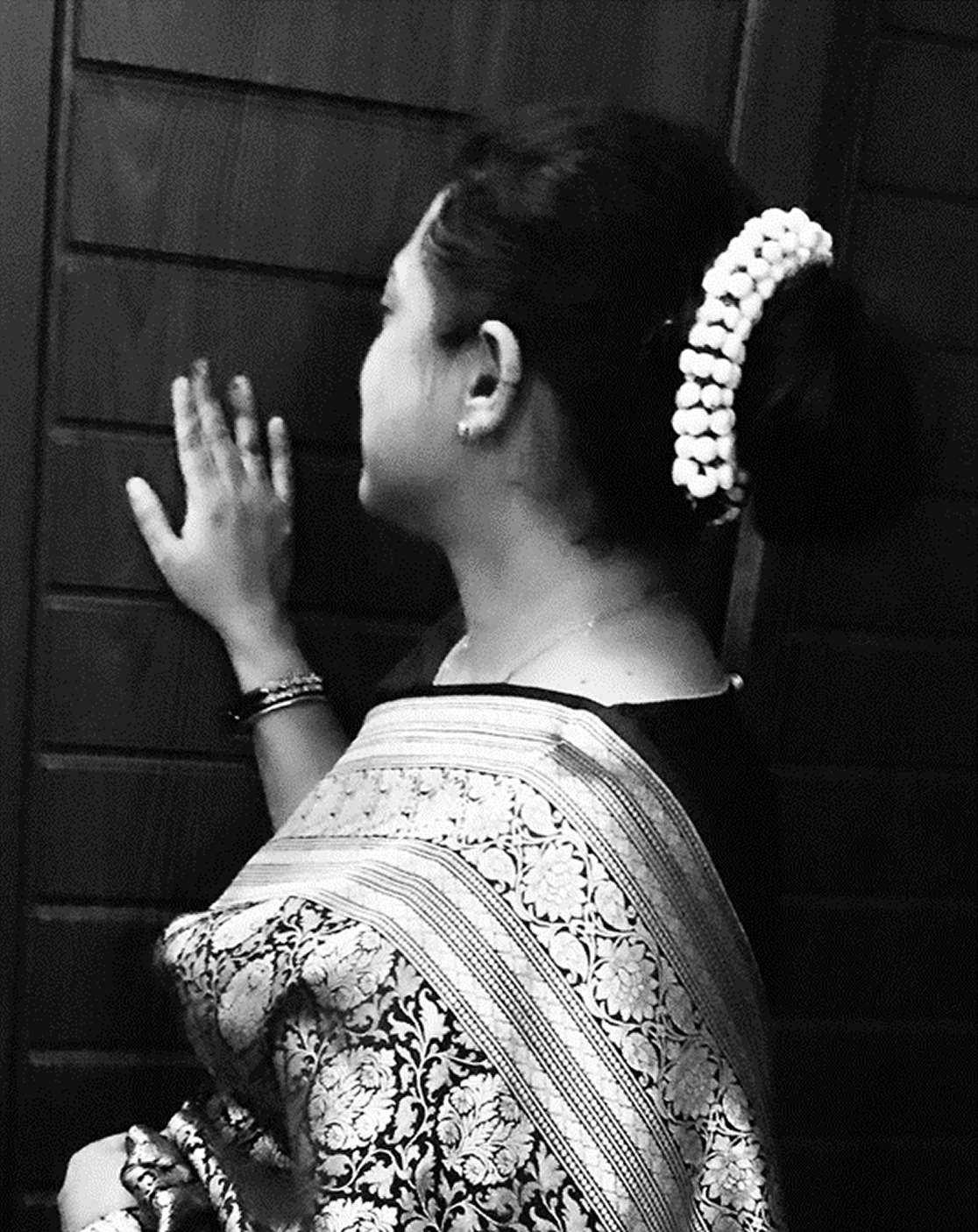FAST OR SLOW ?

All lives are equal and some customs need a fresh perspective!!!

Festivals are a time of excitement for all. In India we have festivals every month. So that’s a lot of festivals and the purpose of each festival varies. Sometimes we rejoice life, sometimes we celebrate victory of good over evil, sometimes we celebrate our first harvest of crops. The list is endless. But we also have some festivals dedicated to the long life of our husbands. Every region or state in India has a different day and name for it but purpose is same. Some observe Karwa Chauth, some observe Savitri Vrat, some Teej, and there could be a few more that I am not aware of. As my husband and myself, we belong to different states, i observe both Savitri Vrat and Teej. But to tell the truth, I never felt very confident to say I observe the festival in front of most of the women I meet. The reason being, I skip the most difficult part i.e I don’t keep the foodless, water less fast. Fasting makes me nauseous and I crave for fatty food even more. So, when I tell the ladies around me that i don’t keep fast for any of the occasions, (that’s only when I can’t wriggle out of the question and have to answer), their eyes open wide and their glances become accusatory. Their expressions make me feel, whatever effort I have made for the occasion has gone down the drain. It also makes me think every year, does this mean I am lagging behind? Are they saying I don’t care for my husband as much because I fail the devoted wife test, the test that was set by the society 100s of years ago? These thoughts used to nag me even more when I was younger. One can say unlike my work life, I was unaccustomed in this aspect to the peer pressure from other ladies; the relatives, friends or neighbours.
This is such a topic that when i express my views so openly, I risk irking my mother, a religious lady and also other ladies of my house. Even my dear Mother-in-law, now in her 70’s, who till date wasn’t sure if I follow all rituals of Teej, would now be sure and perhaps get little upset. Well this reaction from elders is the most common one. Besides people like me who can’t fast, there is another variety of ladies who stick out on such occasions. They have taken it a little further and they do not observe this festival altogether. Their action hasn’t been well taken either by both sides of their family. They have been told not so good things and their outlook pointed out to be too modern. I can indicate atleast one reason behind this criticism. They are the folklores that are associated with it. The one that I know says how a woman with her prayer and going at lengths to devoid self of food and water was able to snatch back her husband from clutches of death. Women since ages have also been held solely responsible for taking care of the family members. For the occasion, every year married ladies of all age groups fast, wear pretty clothes, dress up, eat and drink nothing and pray. There is nothing wrong with it as long as one does it without compulsion or fear of shaming.
I also believe that many of our customs were charted out of necessities. 100s of years back when the framework of society was being laid out, in order to put some right practices, to maintain health and well-being and decorum, rules were formed and made a part of religion. This was the easiest way to make all strata of society follow it. People being god fearing would not question them. However, over the years many of these were twisted for convenience. Also, more notable is they were created by a panel which consisted predominantly of male members. So, there are more rules to discipline ladies than gentlemen. But now many have been rendered outdated. Otherwise why wouldn’t there be a festival to celebrate the wife in anyone’s life. Isn’t the life of a wife important or worth saving?
However, I would definitely not put anything against the ladies who fast and observe the festival as a choice and not compulsion. I myself like the feeling of paying special attention to my husband and praying for him. I also like the way women dress up and prepare for the occasion. Even the husbands fuss and wait for the moon to come out so that their wife can break their fast. I also do not deny the good effects of fasting. These days fasting is fashionable and has become a fitness Go-To. Different types like intermittent fasting, water fasting, weekly fasting, alternate day fasting and what not. Indians have been fasting for ages. But fasting for health is a choice that someone makes.
Some relative of mine once gave an example of an American girl married into an Odiya household and when she came to Odisha observed fast for her husband for Savitri. The point here is, did she observe fast because she feared what her friends will say or what her relatives will say, will she be branded a bad wife? Or rather what she did was out of her choice to embrace her husband’s culture. There was a choice and it was hers. There is also an example of a couple who fought endlessly and the husband was very ill mannered. He used to cheat on his wife as well and he eventually left her for another woman. The wife leads a better life now by her own admission. But she used to observe the festival throughout her marriage. What could be the reason? Not love definitely. Duty or compulsion of society perhaps. So, this is not a yardstick to measure the love, care or dutifulness of a lady.
The supposedly “too modern” ladies also have an argument to put. They ask “shouldn’t the husbands also be praying and fasting to possess the superpowers to snatch their wives from the clutches of death. Isn’t my life precious??”. Even i resonate with this. However, when these ladies are vocal on this matter their emotions undermined and they are considered as tradition breakers.
I wrote and edited and rewrote this article three times. I started off with humour and my side of story but I became more uneased at the male dominant customs every time. The customs were created by a male chauvinist society where the goddess was revered but the wife wasn’t treated an equal. The wife was considered someone with little voice and importance. Many would agree that this concept is flawed and sexist.
Now after 12 years of married life and few strands of grey hair, I feel I have some clarity. In this piece of mine I wish to reach out to few other members of my tribe who feel inadequate around these occasions because they were made to feel so. Modern isn’t not observing rituals, modern is making things more accepting, equal, unbigoted and sensitive to every gender of society. There should be a choice, a choice to do things, there should be no judgement, no compulsion and there should be equitability.
Now as the society is becoming more unprejudiced, notable are the new age husbands who do not feel bad if their wife isn’t observing the festival or rather they insist that their wife take it easy and not be too troubled. Even more surprising, as it is heartwarming is to see a small number of the husbands starting to fast along with their wives on Karwachauth and Teej. They are the men of modern age. The change seems to have started and we can expect to see some more positive things in future.






